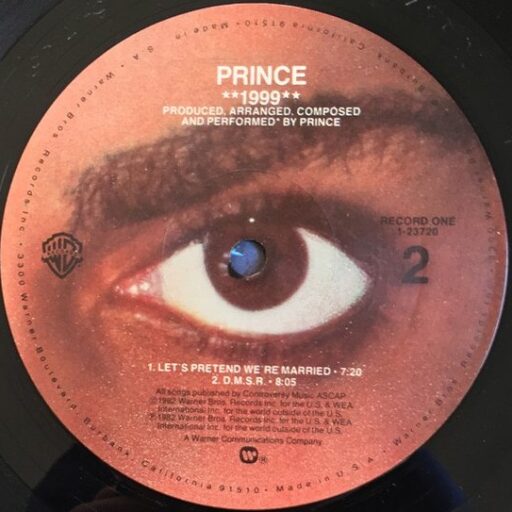Tag: curtis mayfield
-
Controversy, Part 3: Do I Believe in God? Do I Believe in Me?
More even than race and sexuality, the distinction between “God” and “me”–the sacred and the secular, the spirit and the flesh, etc.–was the prevailing theme of Prince’s career.
-
If You See Me (Do Yourself a Favor)
Prince’s first professional recording experience revealed tendencies that would recur throughout his career.
